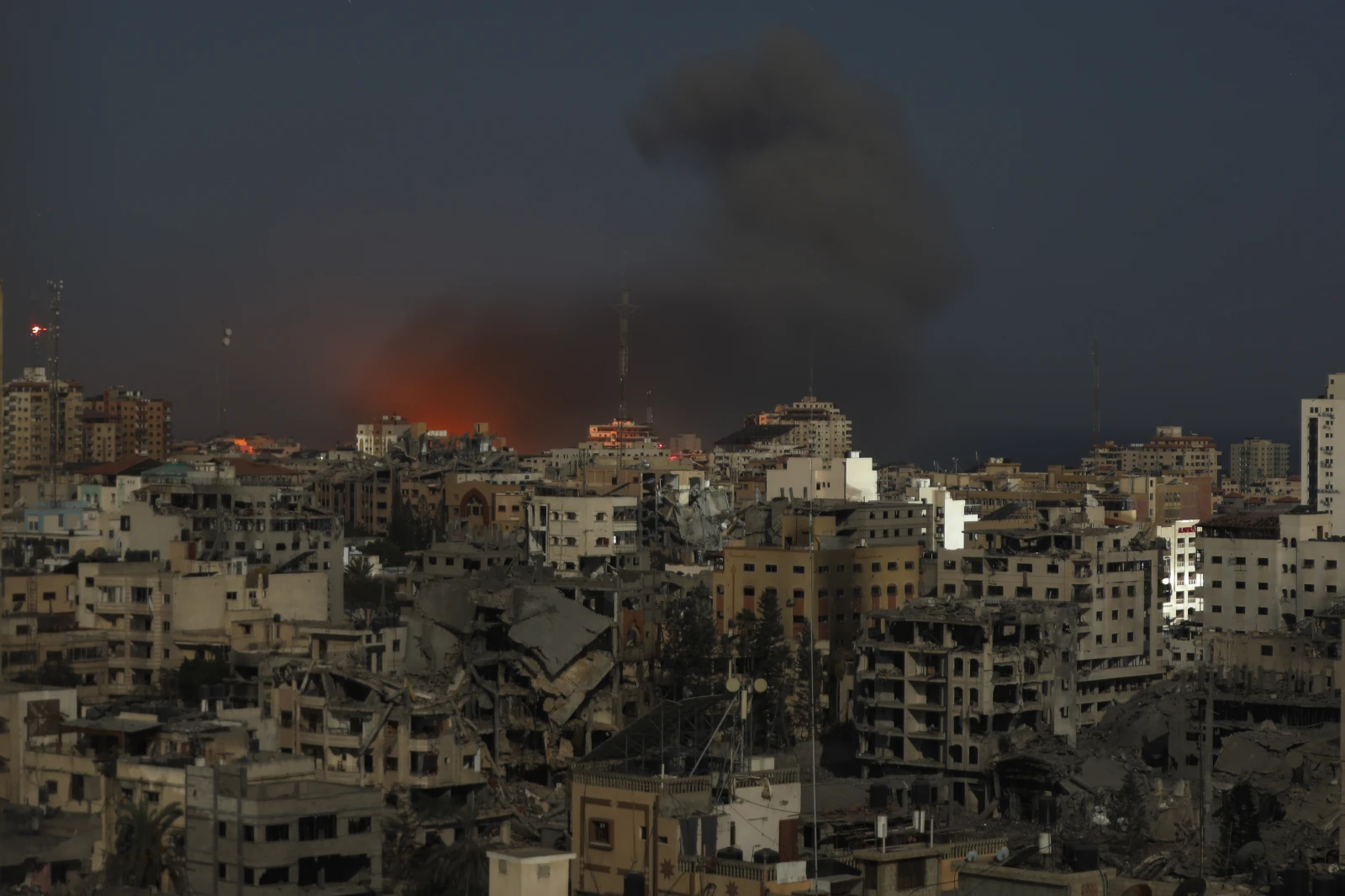
Kenya has emerged as a top crime hub in Africa, according to the latest ENACT Organised Crime Index for Africa, which measures and assesses levels of organised crime and countries’ resilience to organised crime on the African continent.
At regional level, East Africa has beaten West Africa to second place, which until a few years ago had the highest incidence of organised crime on the continent.
A press statement released in the Kenyan capital, Nairobi, on October 30, ENACT Organised Crime Index for Africa says, “Kenya falls within the high criminality, low resilience segment. Its average criminality score is 7.02 out of 10 (indicating significant to severe influence of organised criminality) while scoring an average 5.33 for resilience (meaning only moderately effective resilience measures are in place). These averages surpass the continental averages for both criminality (5.25) and resilience (3.25). In East Africa, Kenya is the highest scoring for criminality in the nine-country region and is ranked fourth in Africa.”
ENACT Organised Crime Index for Africa is a tool that measures and assesses levels of organised crime and countries’ resilience to organised crime on the African continent.
The full report of index will be launched in Nairobi on November 24, this year.
The 2023 ENACT Organised Crime Index Africa report, the third iteration since the index was launched in2019, reveals how organised crime remains a profound challenge that poses a threat to all countries in Africa.
“Organised crime is an obstacle to much-needed international cooperation, a conclusion reached through the index’s assessment of longitudinal data on criminality and resilience on the continent since 2019,” the statement says.
The Index ranks all 54 countries on the continent according to their levels of criminality on a score from 1 to 10 – lowest to highest levels of criminality and according to their resilience to organised crime from 1 to 10 – lowest to highest resilience levels. At the global level, it is ranked 16th out of 194 countries.
In terms of regional dynamics, the report points, East Africa is the highest-scoring region on the continent for overall criminality (5.88) followed by West Africa (5.44). East Africa ranks among the top five regions for criminality in the world as a hotbed of illicit activities and a stronghold for criminal actors, whose influence is aggravated by prolonged conflicts that make the region more vulnerable to the threat of organised crime.
The crimes that were investigated include human trafficking, drug trafficking, wildlife trafficking and contraband minerals.
According to the report, Kenya scores above average for all criminal markets assessed by the Index: human trafficking (8.0 out of 10); human smuggling (7.5); extortion and protection racketeering (7.0); arms trafficking (7.5); trade in counterfeit goods (7.0); heroin trade (7.5); cocaine trade (6.0); cannabis trade (6.5); synthetic drug trade (5.5); cyber dependent crimes (8.0); and financial crimes (7.5).
“These illicit markets have a negative impact on nearly all parts of Kenyan society. Furthermore, these criminal markets are not only highly profitable, but also increasing in their pervasiveness. Kenya has been assessed as a ‘source, transit and destination country for human trafficking in both forced labour and sexual exploitation,’ according to the expert-led 2023 Global Organized Crime Index published by the Global Initiative Against Transnational Organized Crime (GI-TOC), an implementing partner of the ENACT consortium. This is because the country lies on a major trafficking corridor linking the Horn of Africa, Southern Africa and East Africa to the Arabian Peninsula and South Asia,” it says.
It explains that the traffickers in Kenya collude with law enforcement officials to move people in and out of the country, and officials are believed to be complicit in the trafficking of women and girls to Gulf countries for domestic work.
The rapid rise and flourishment of organised crime markets in Kenya is linked non-use and enforcement legal regimen either trough apathy or complicity in the crimes.
However, although the regulatory and institutional framework exists, there is significant scope for improvement, the ENACT Index points out.
The index highlights the extent to which corruption, bribery and criminal influence have embedded themselves in Kenyan public life, thwarting effective state-level responses to organised crime.
“The Kenyan government’s efforts to combat organised crime have been undermined by corruption and criminal influence in politics. Populism, bribery and known criminals running for office are major issues. As many opposition parties are sponsored by individuals involved in drug trafficking, they often also fail to condemn organized crime publicly,” the investigations show.
The report adds that scores for criminal markets are based on both the value and reach of each market. Value refers to a market’s monetary value; reach measures the non-monetary impact a market has on the state.
Resilience is measured according to the mechanisms countries have in place to combat organised crime, and their effectiveness. Resilience capacity and effectiveness are evaluated to assess the level at which states have established appropriate legal, political and strategic frameworks to address organised crime.
“Among the 12 indicators used to assess resilience are political leadership and governance; territorial integrity; government transparency and accountability; international cooperation, national policies and laws; judicial system and detention; law enforcement; territorial integrity; anti-money laundering mechanisms; and economic regulatory environment,” according to the index.
The index is not only an analytical exercise: the evidence presented in this report is designed to be used by policymakers and civil society as a tool to effect meaningful, sustainable change.
It notes, “This latest index reaffirms certain dynamics; one being that state involvement in criminality remains the most pervasive force in driving organised crime. This is particularly the case in authoritarian states. The Index also highlights once again how the space for civil society is shrinking, not least for non-governmental organisations and human rights defenders trying to shine a light on organised crime and corruption.
- A Tell report











